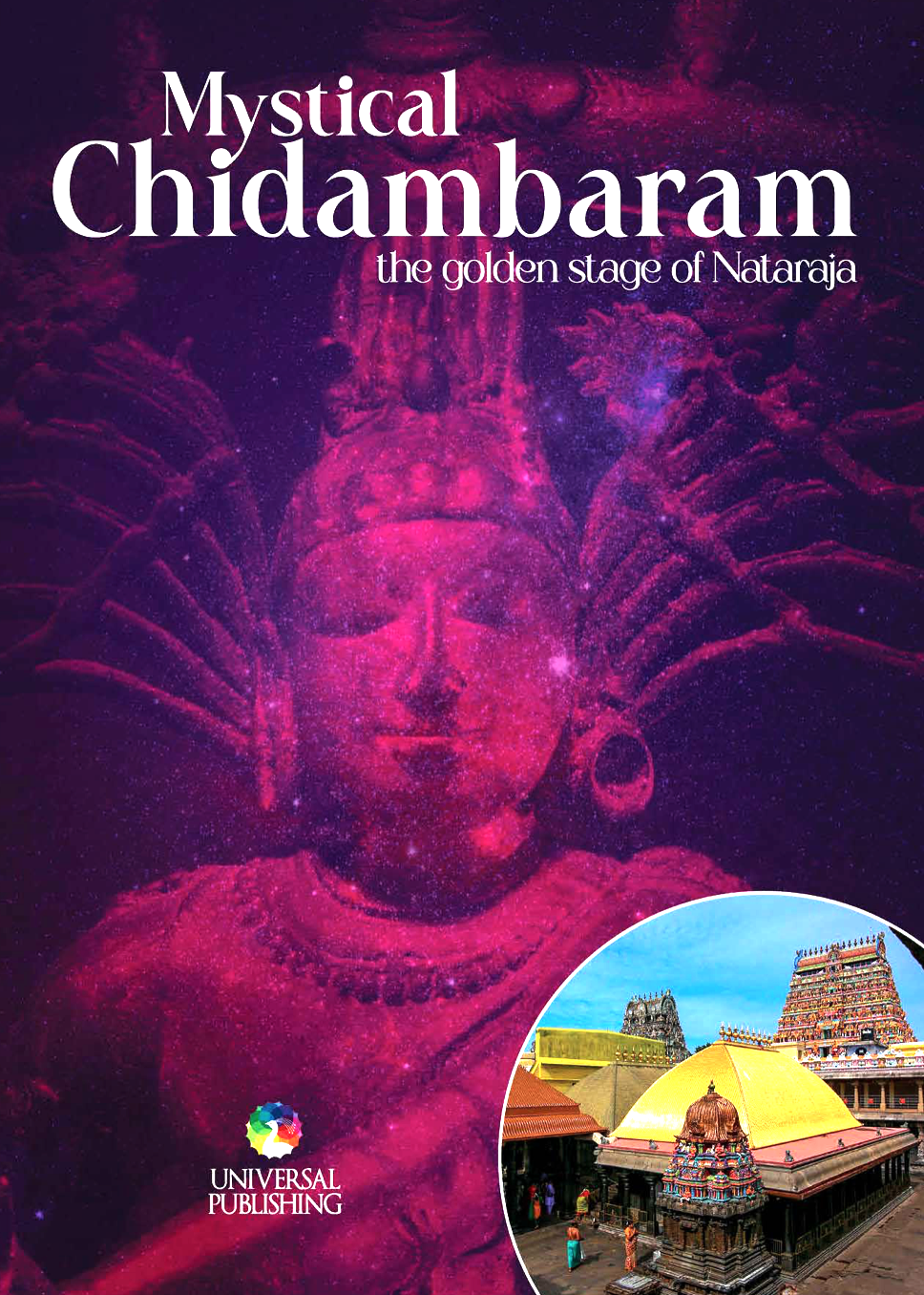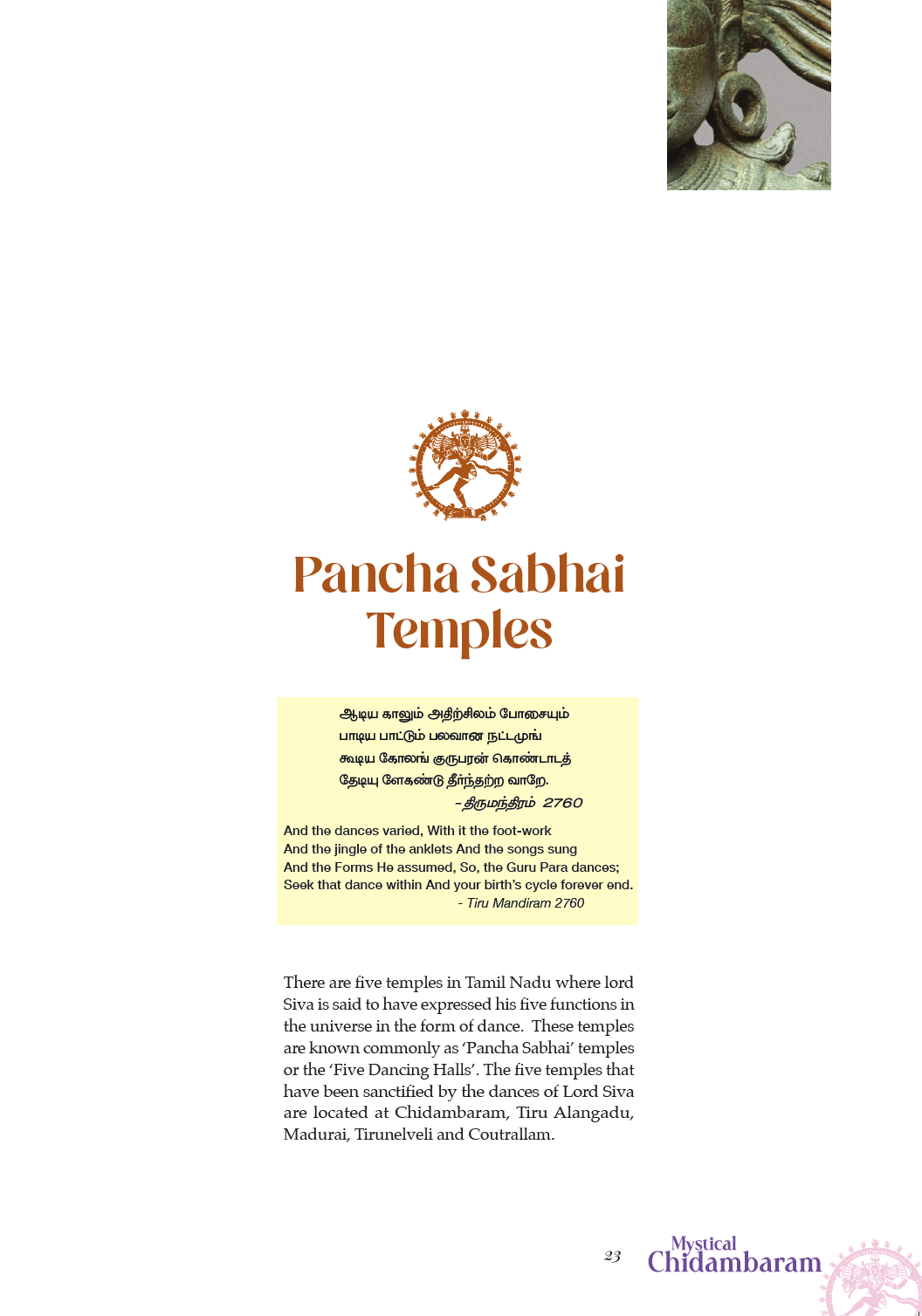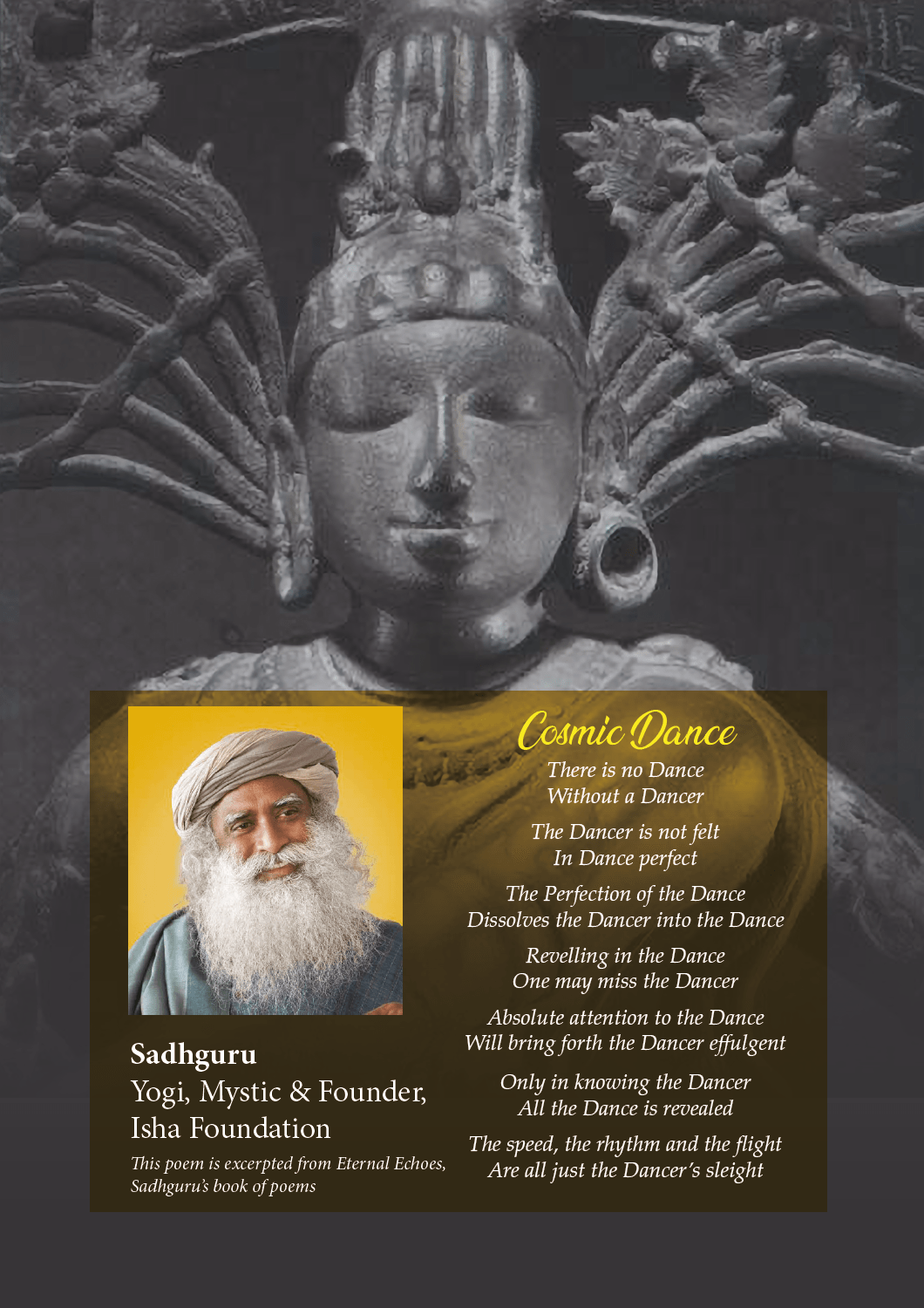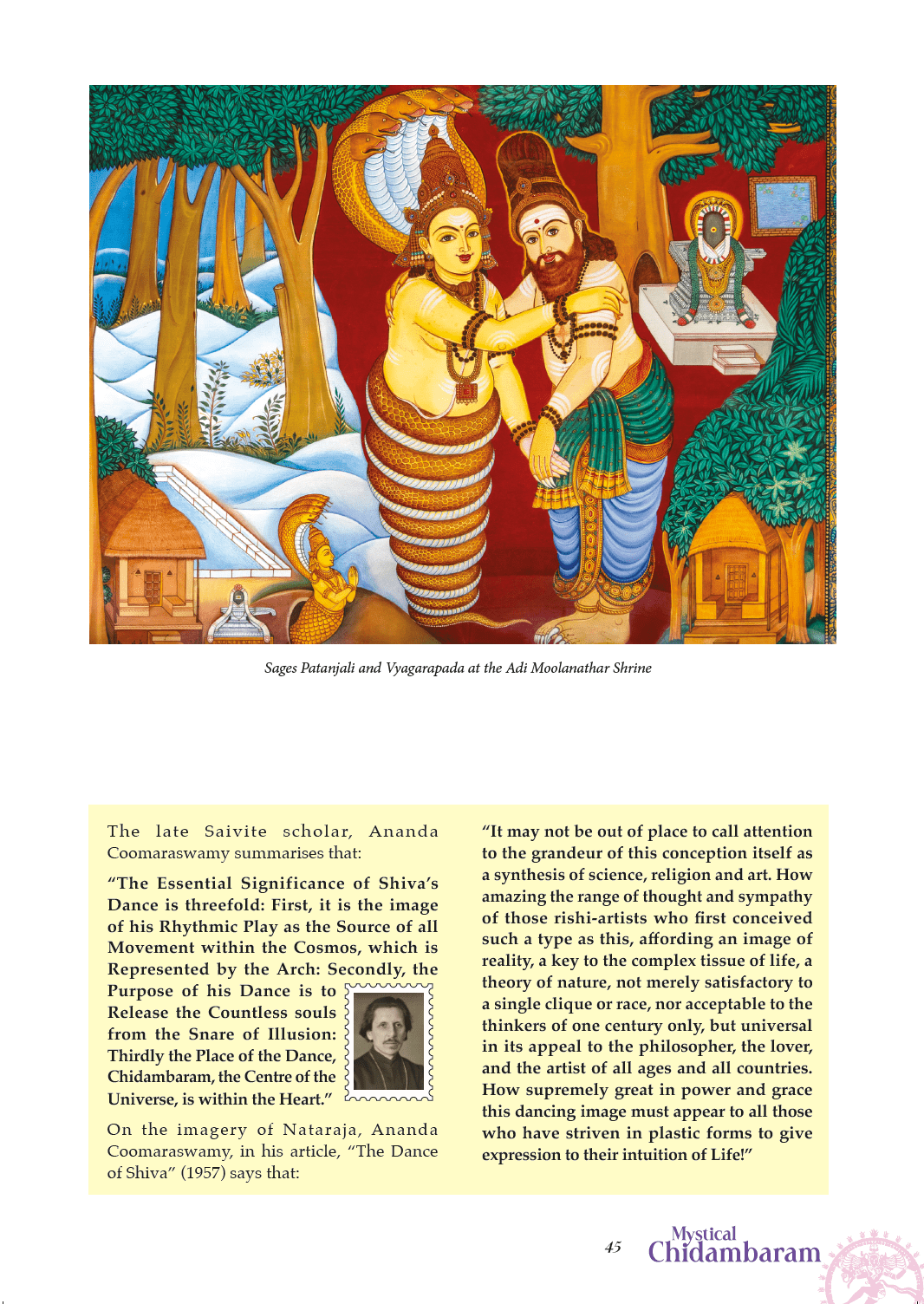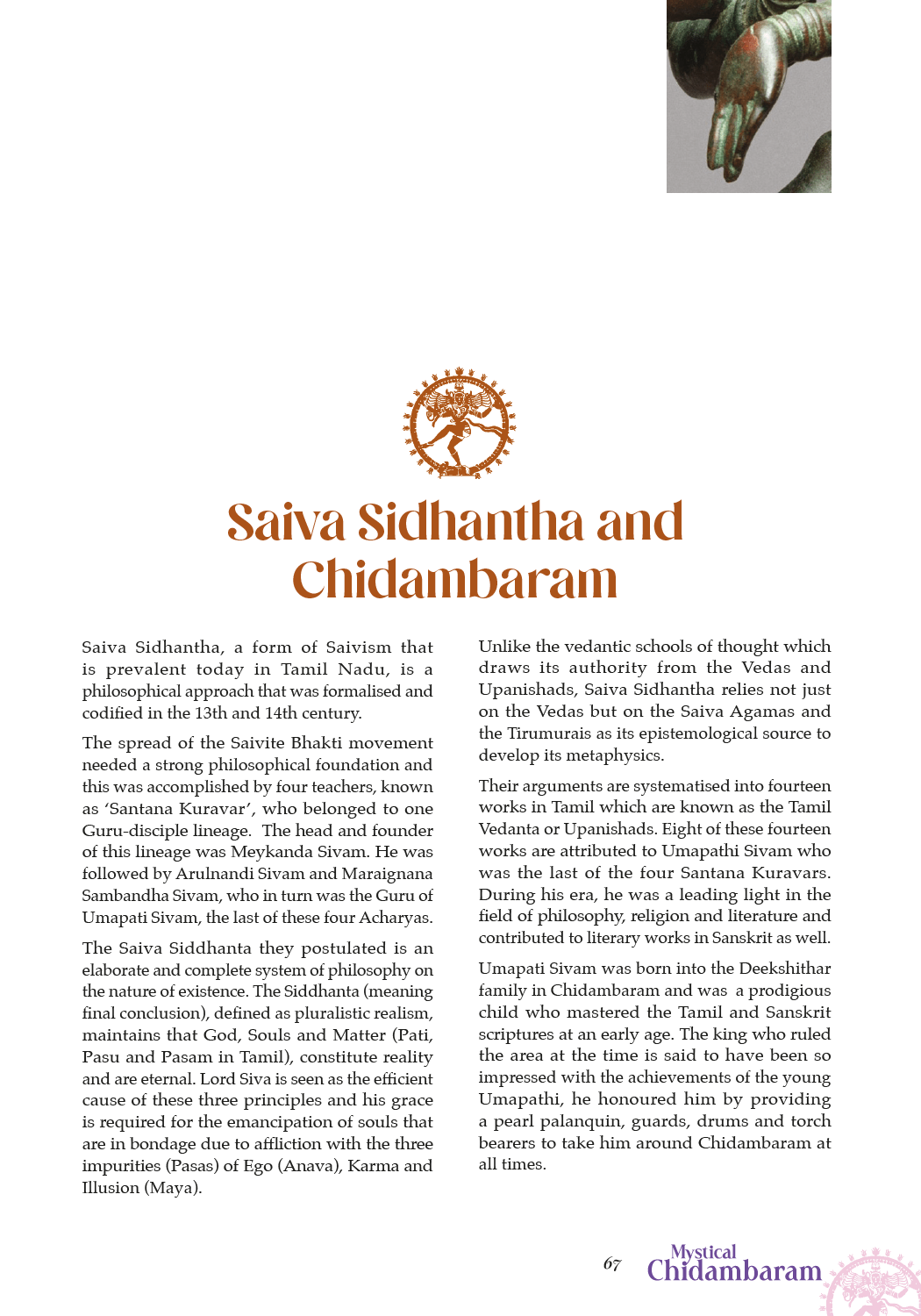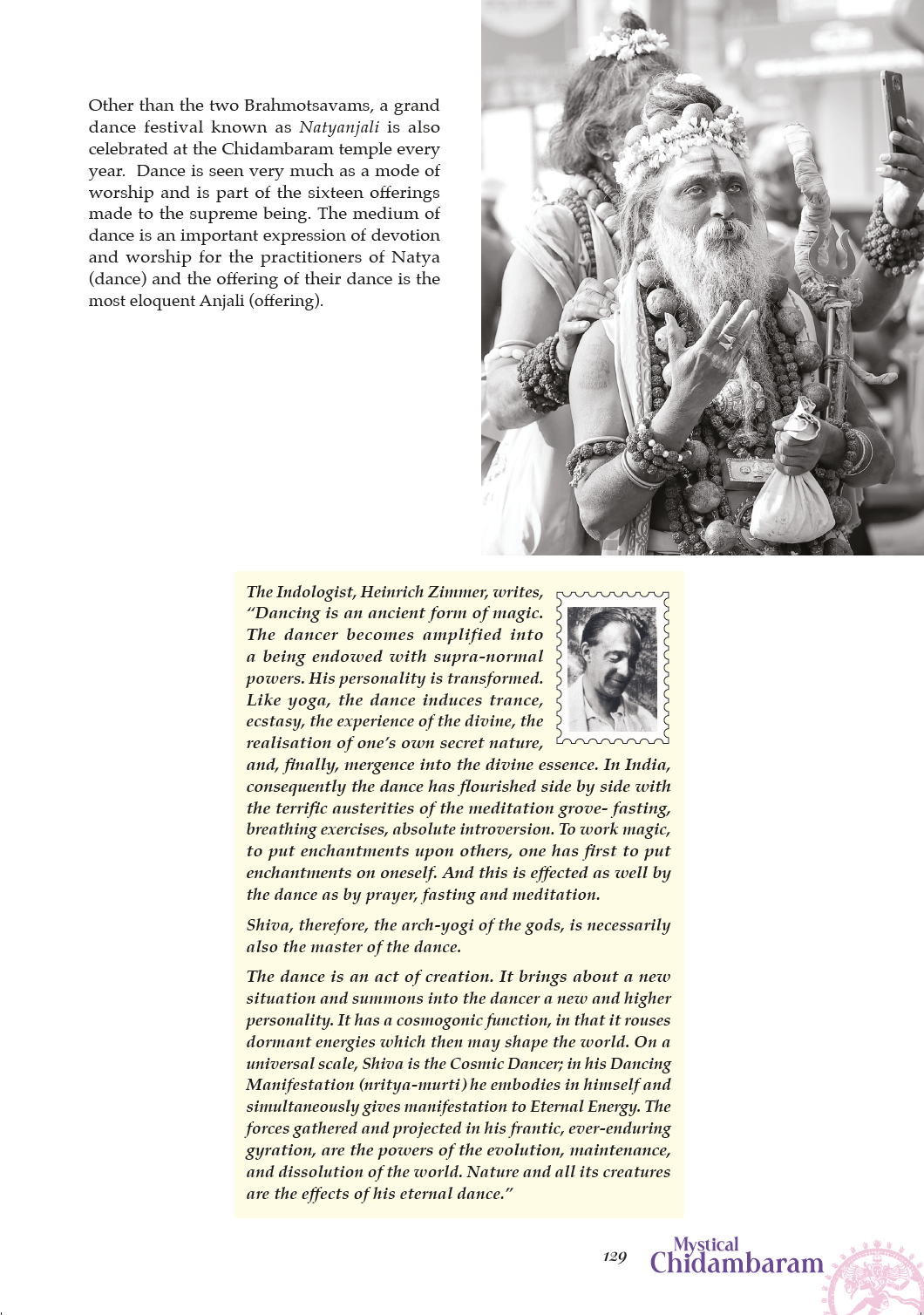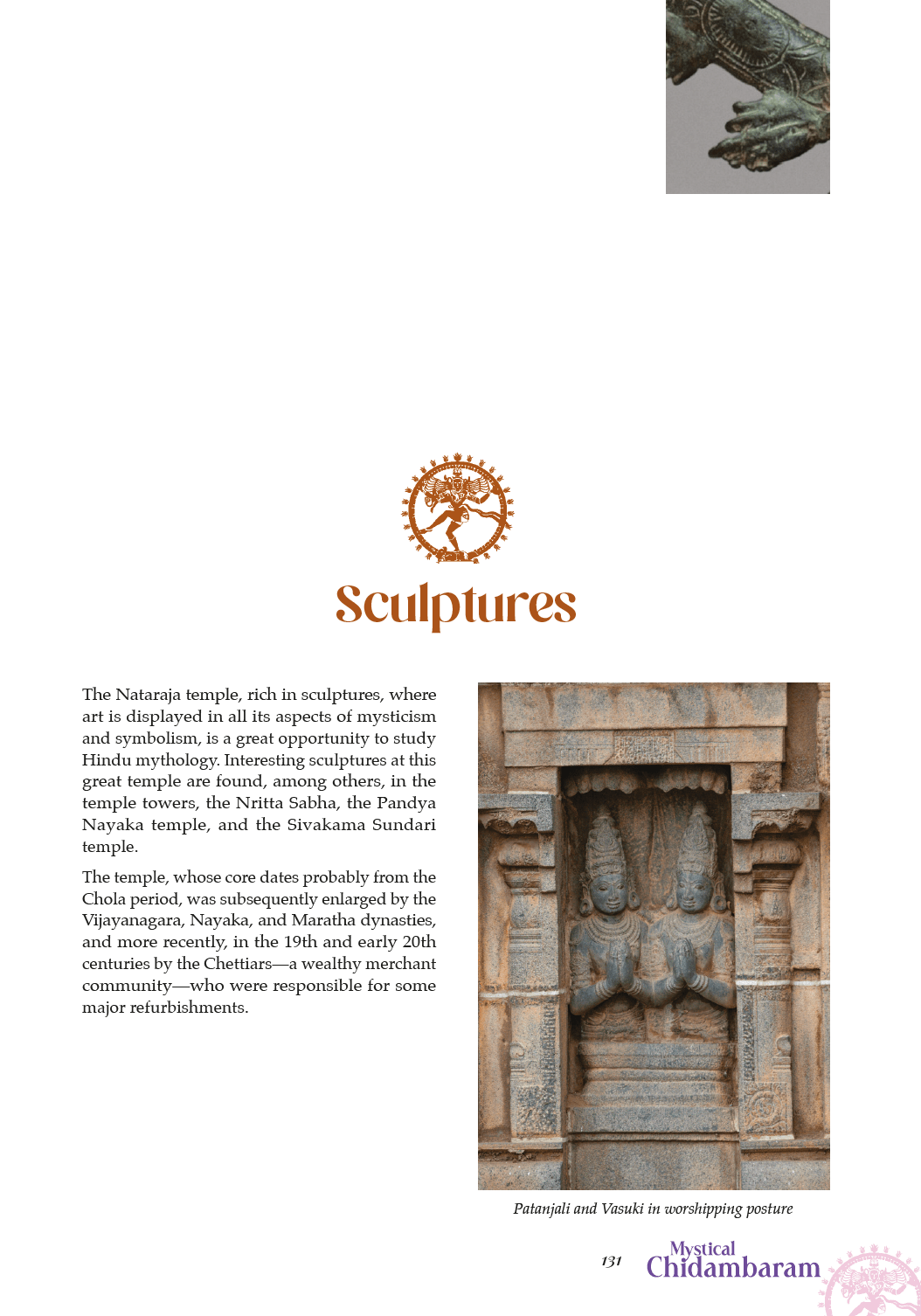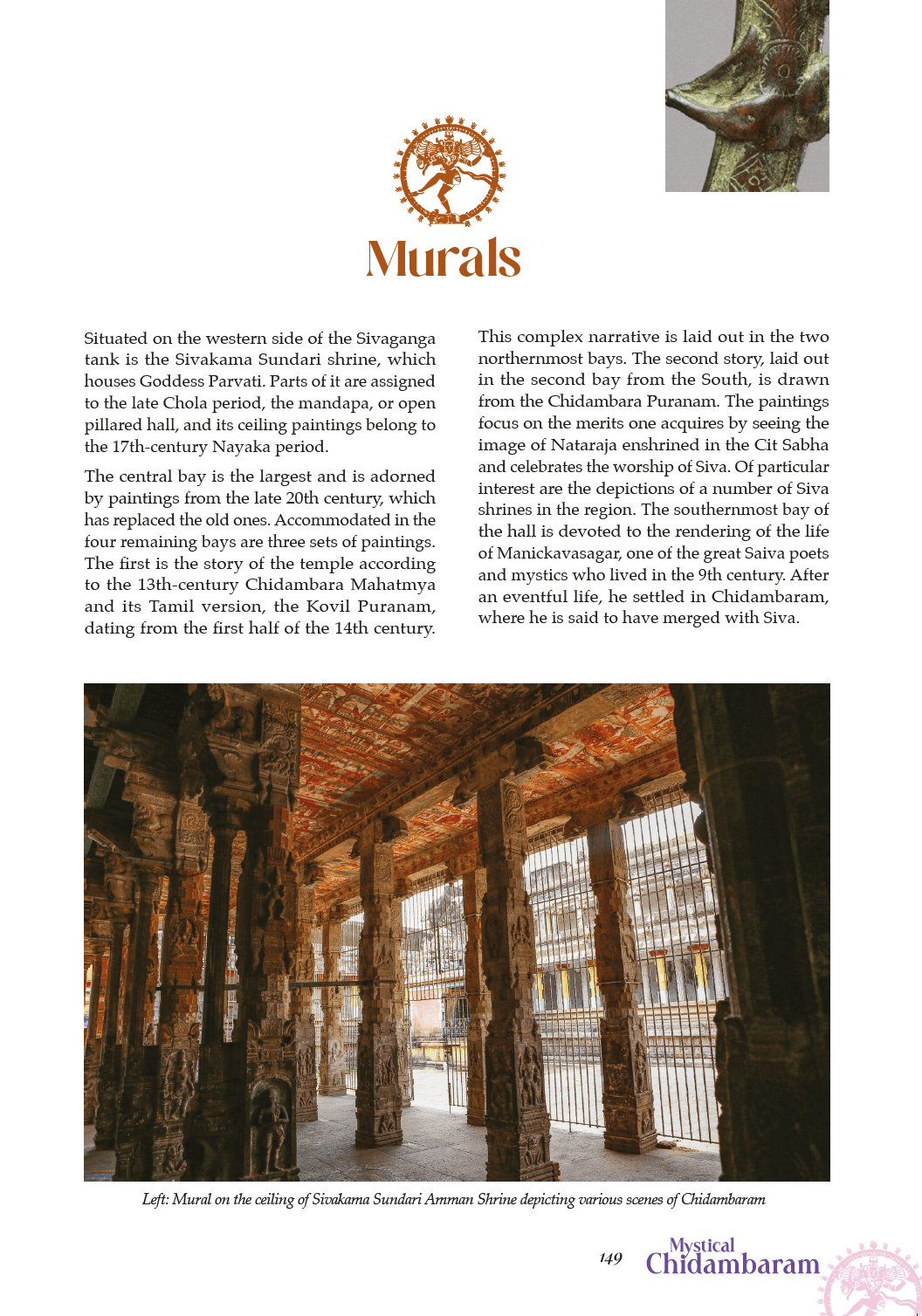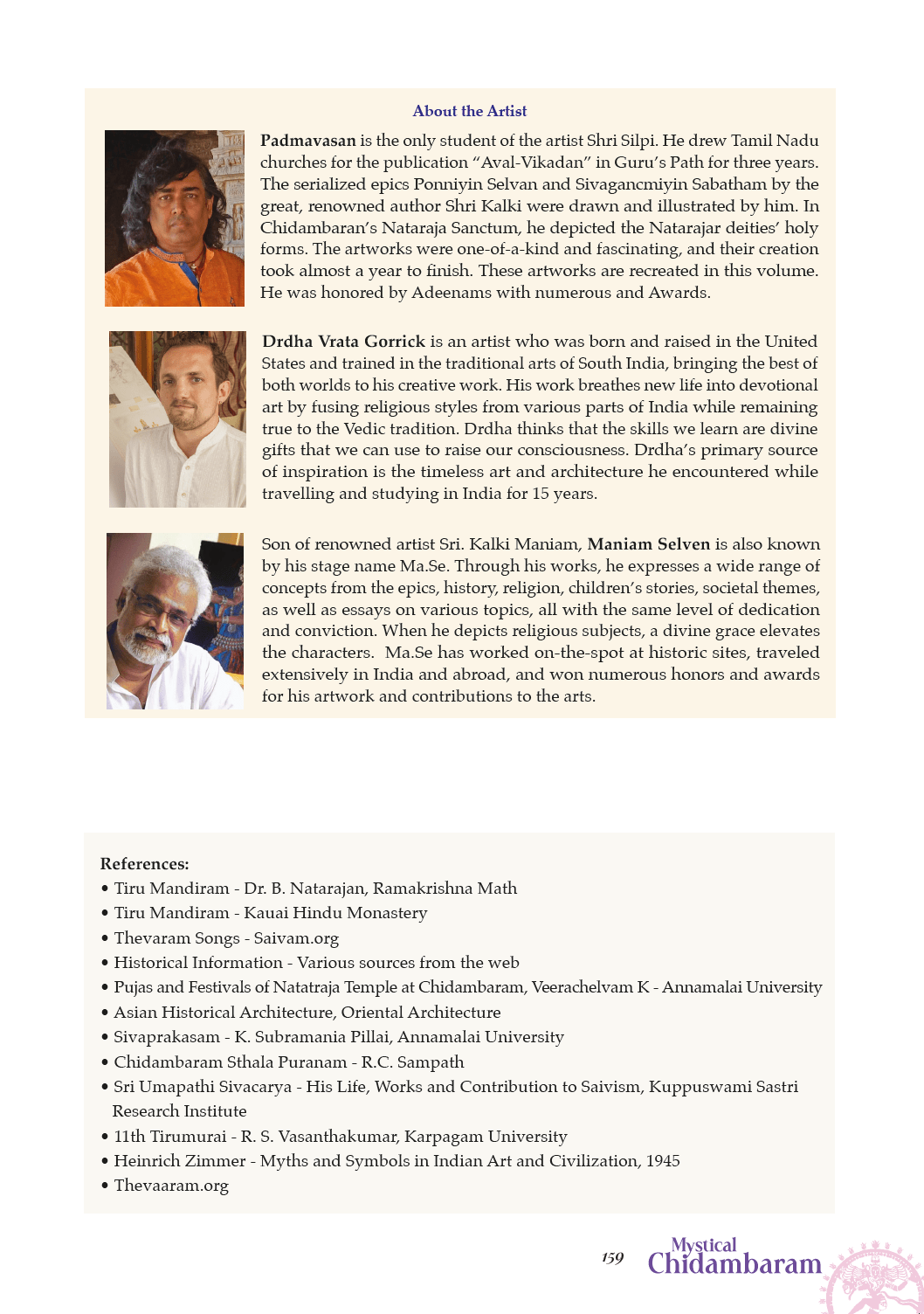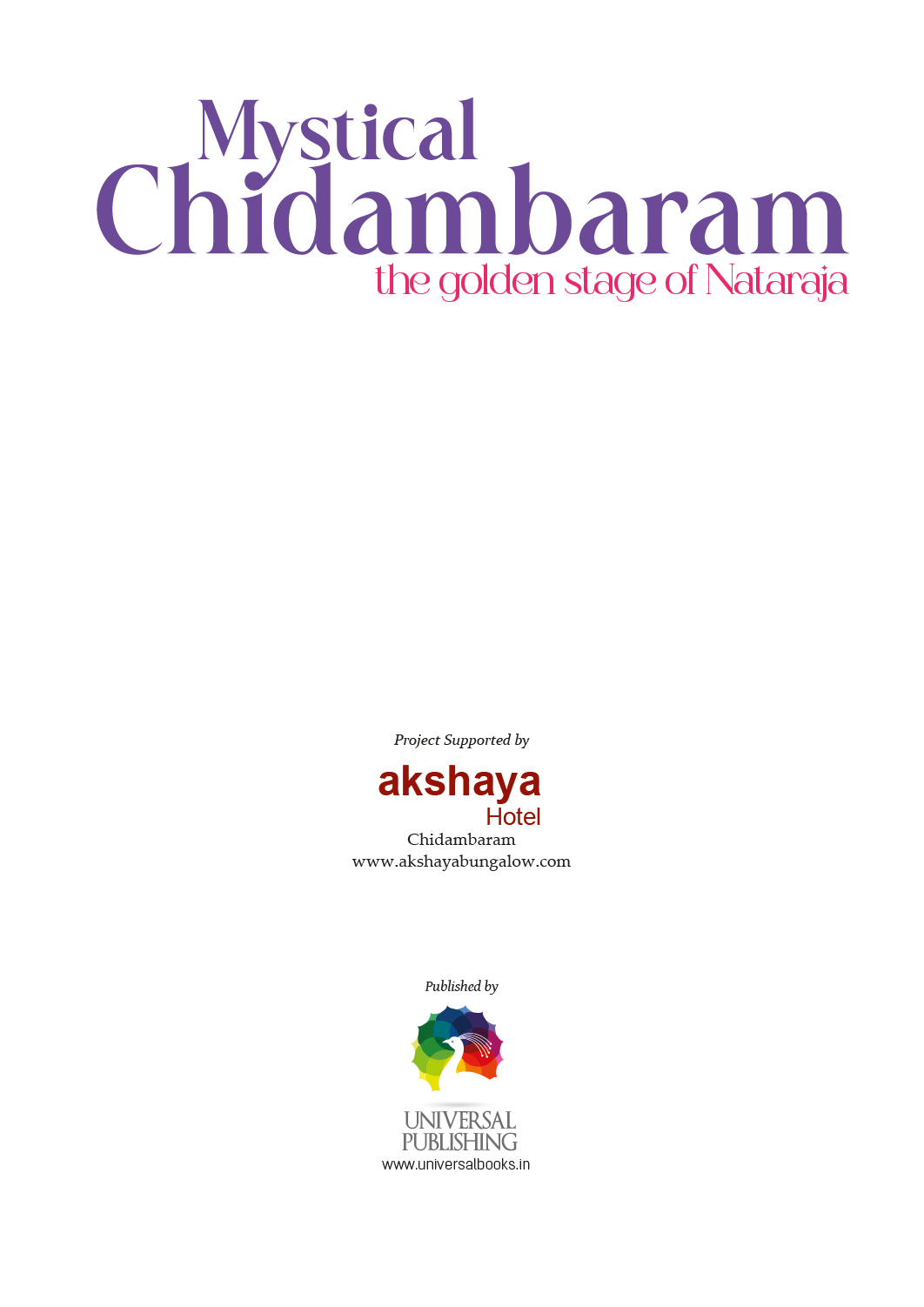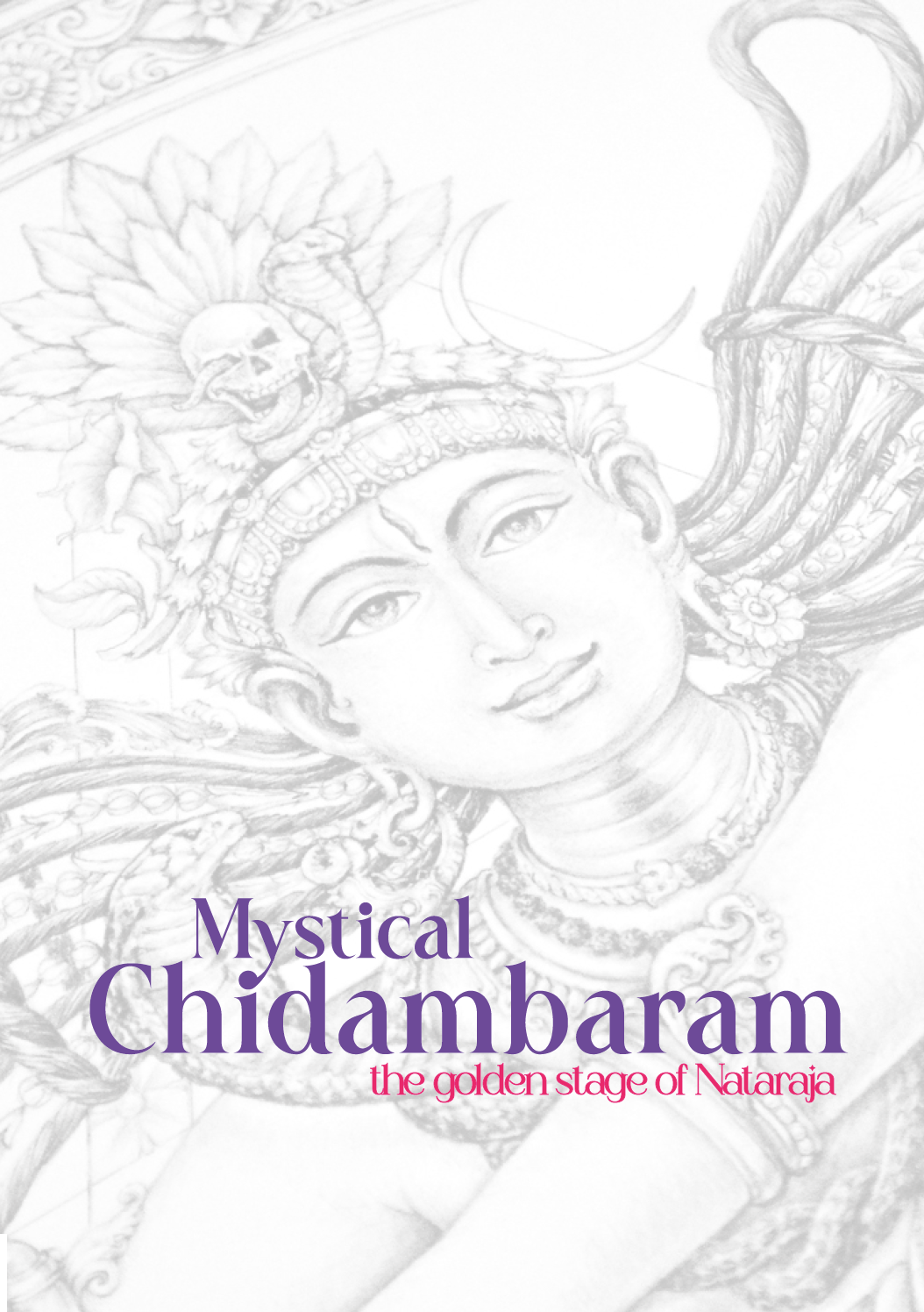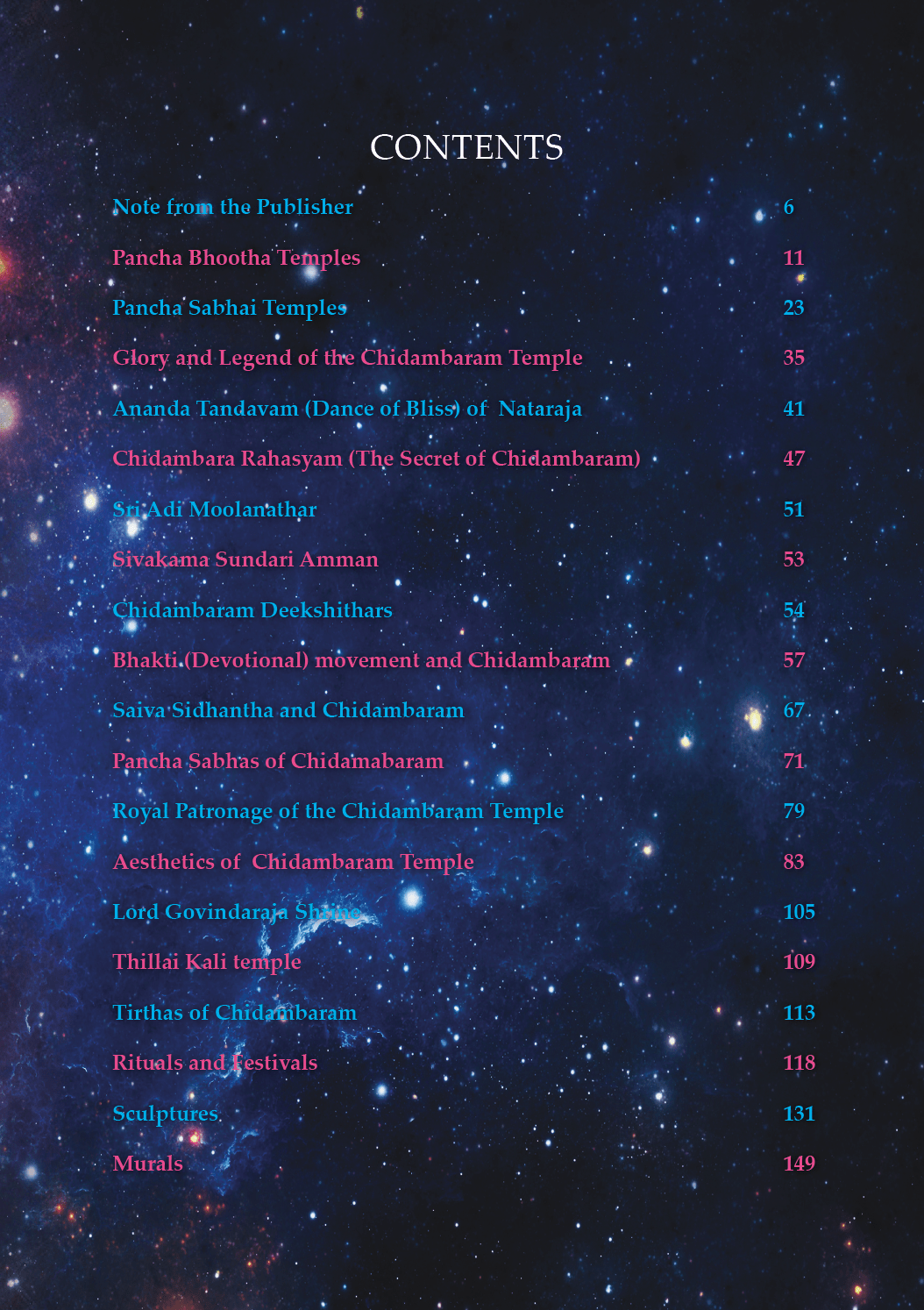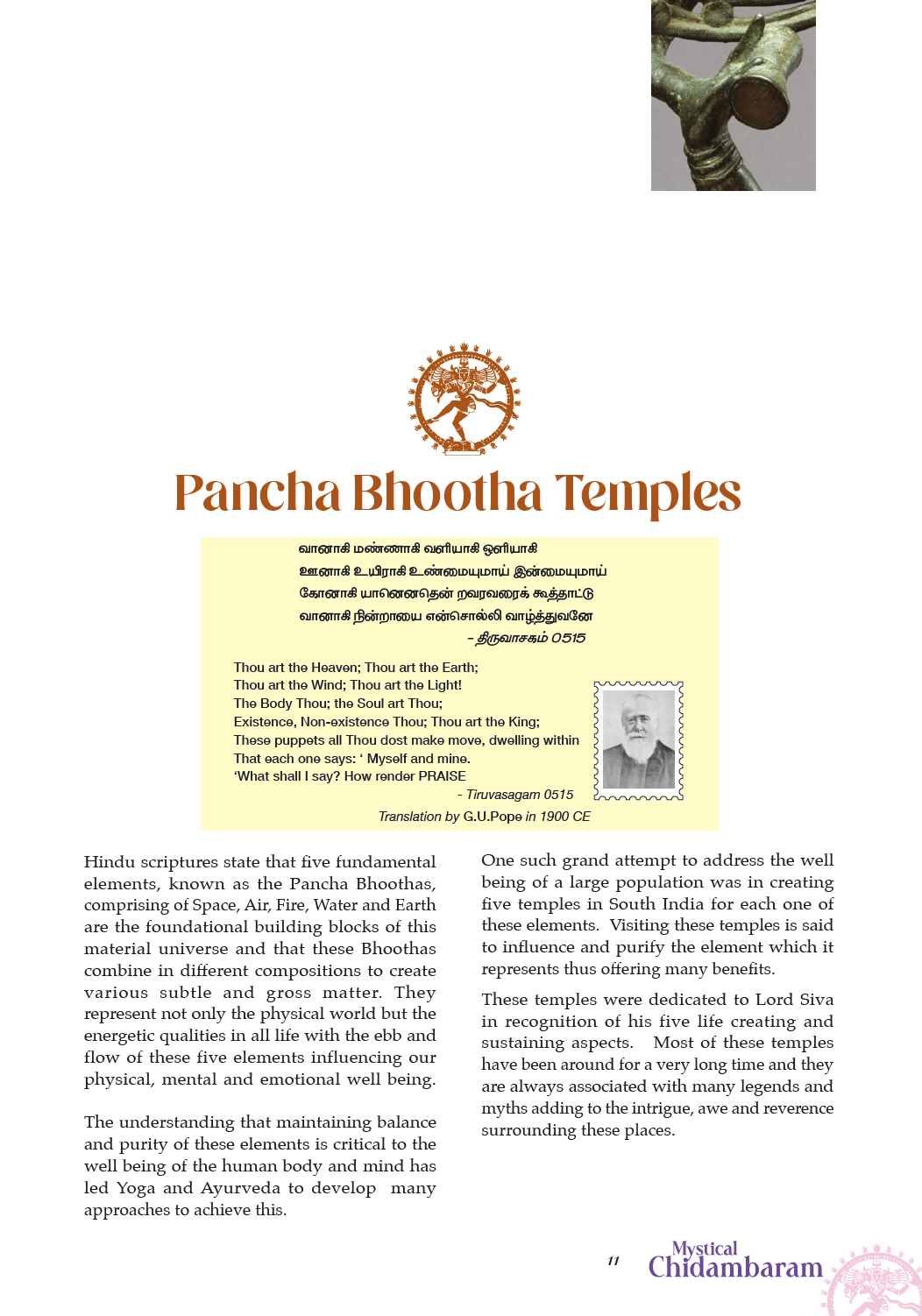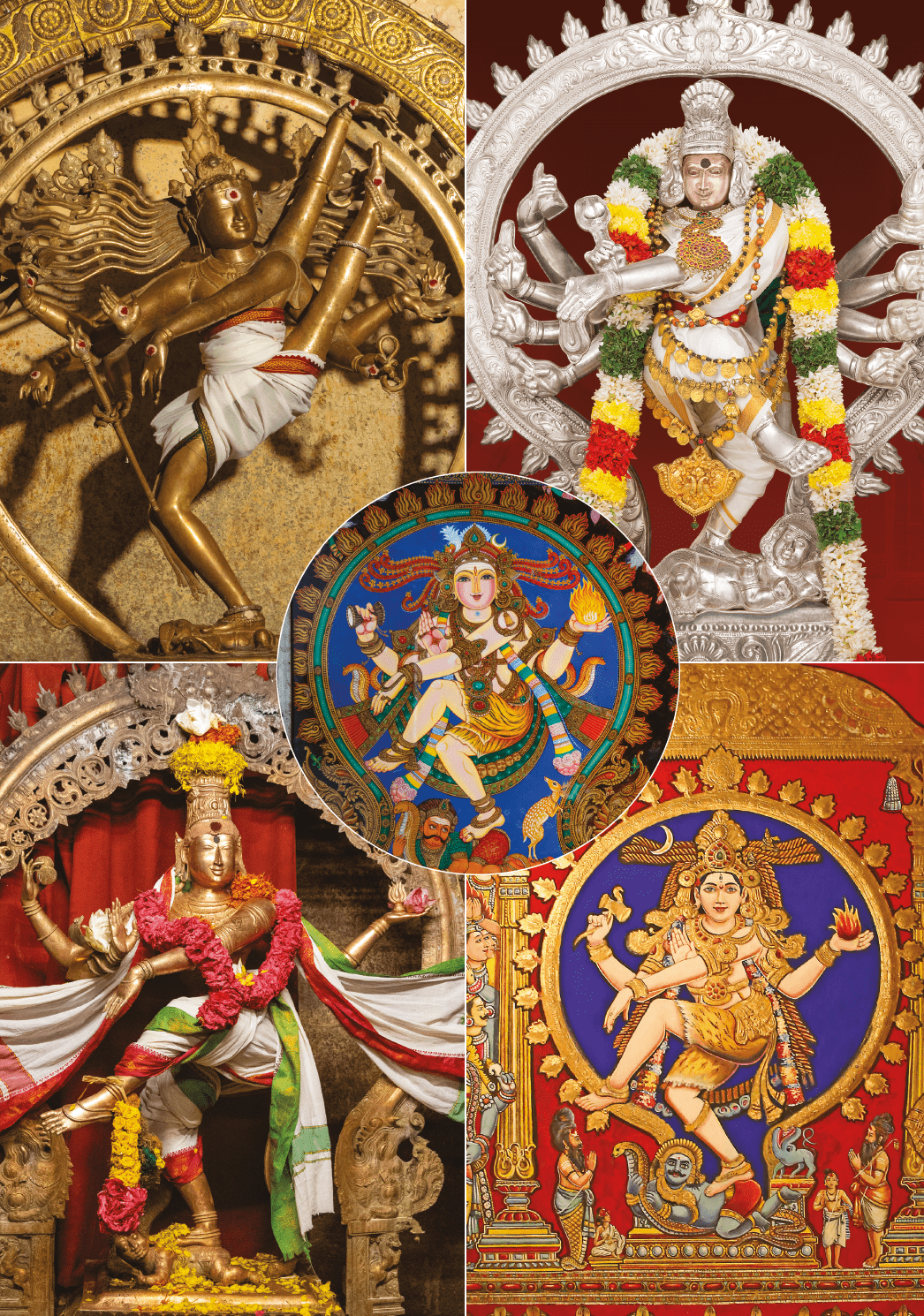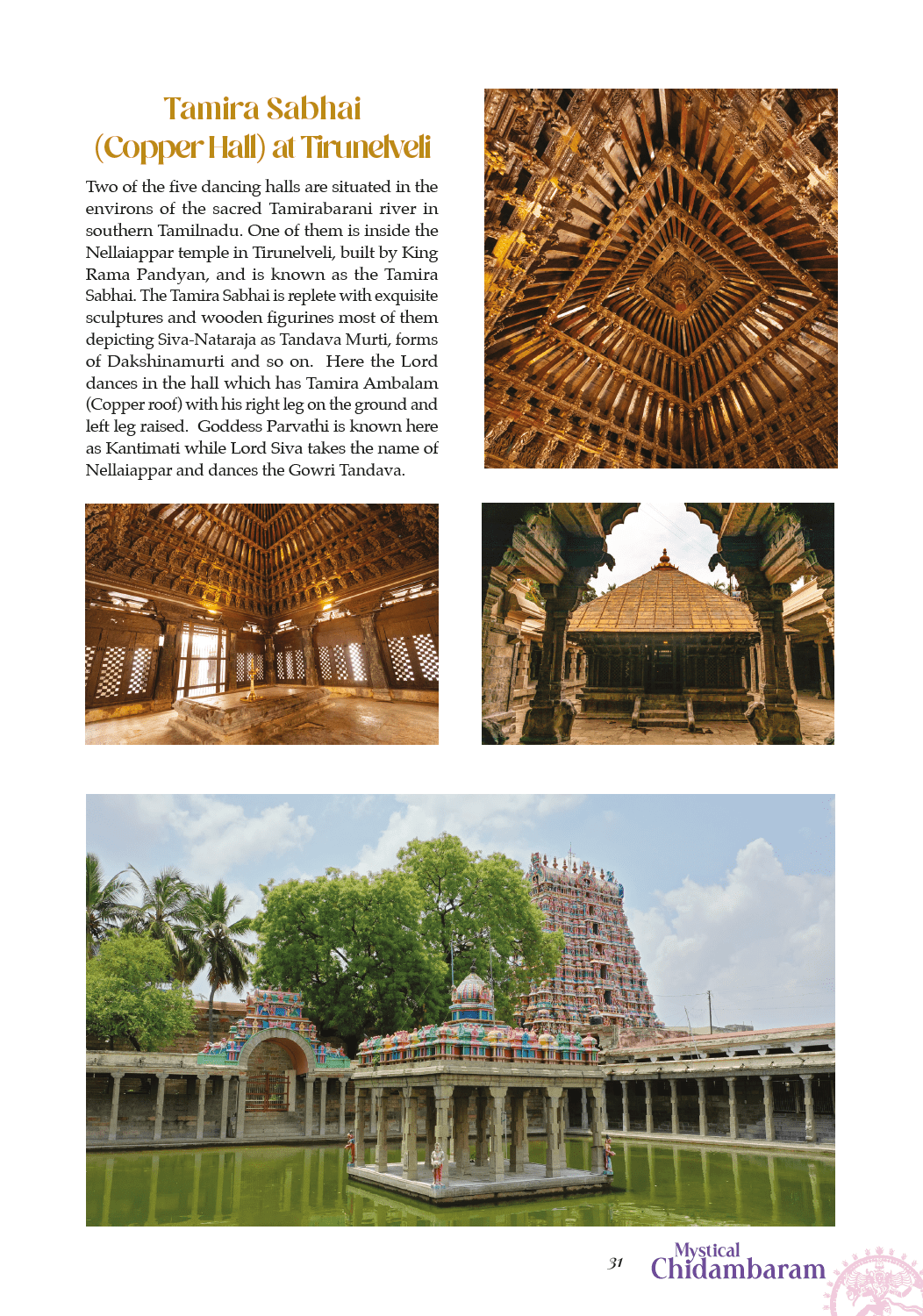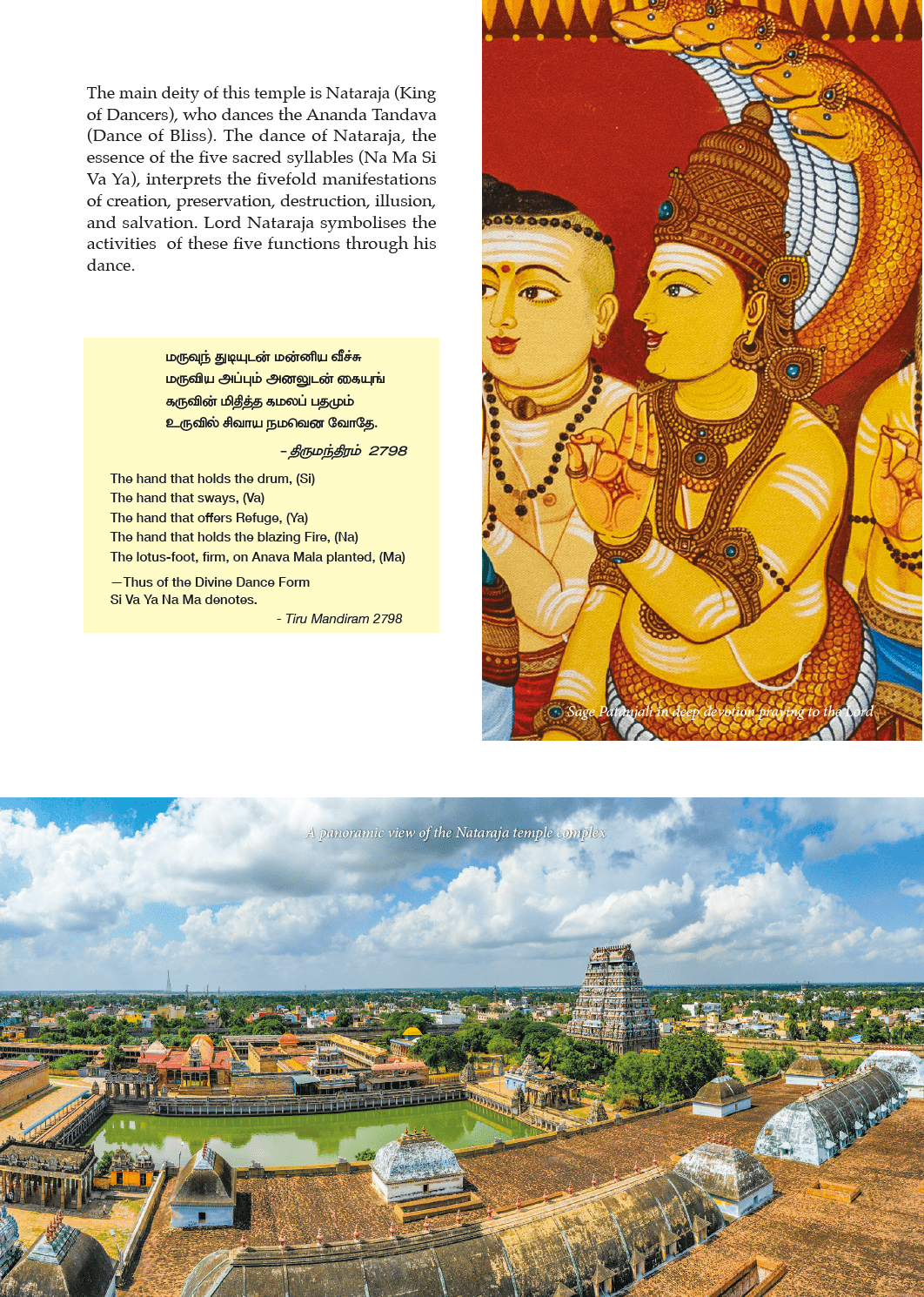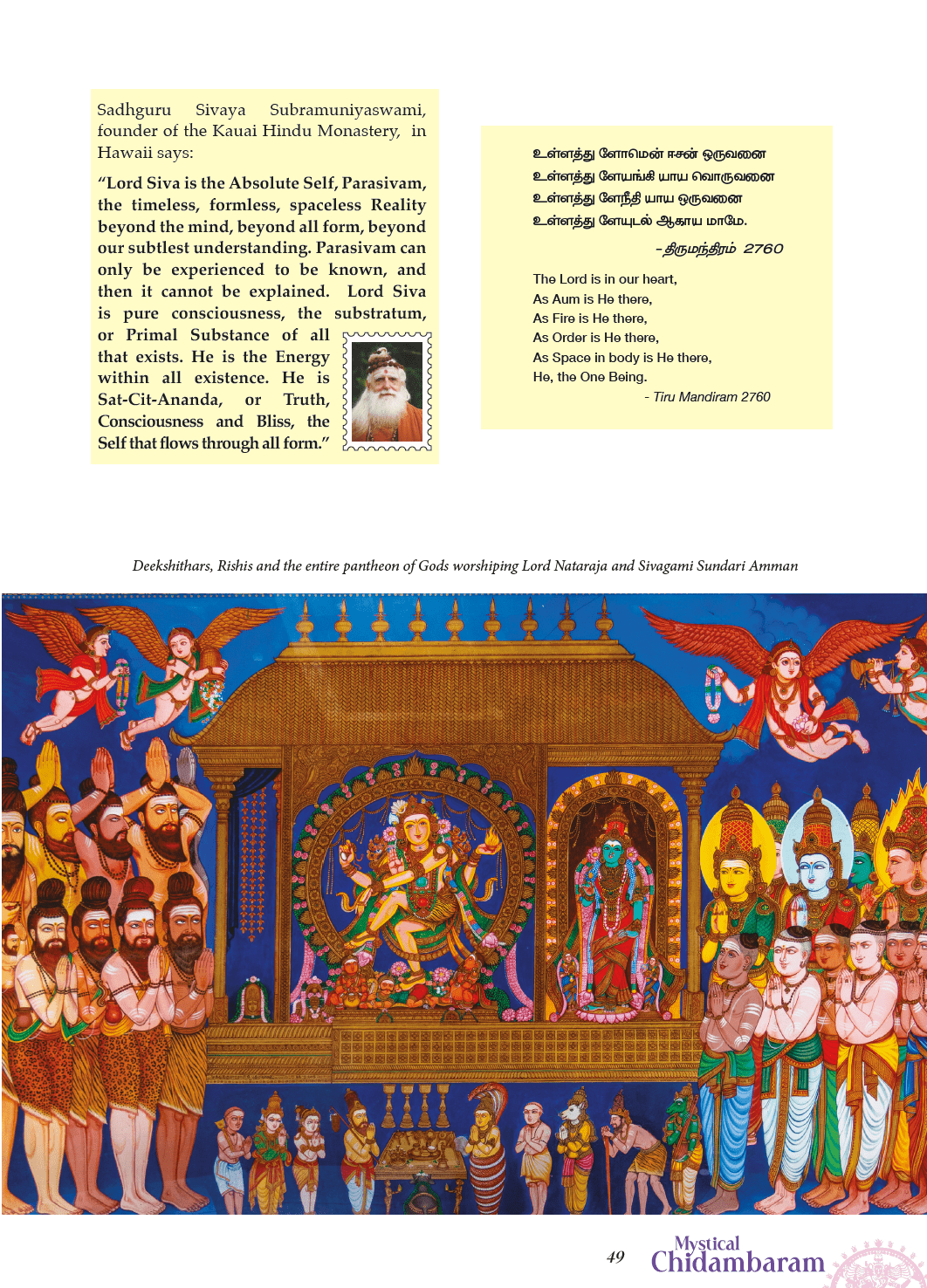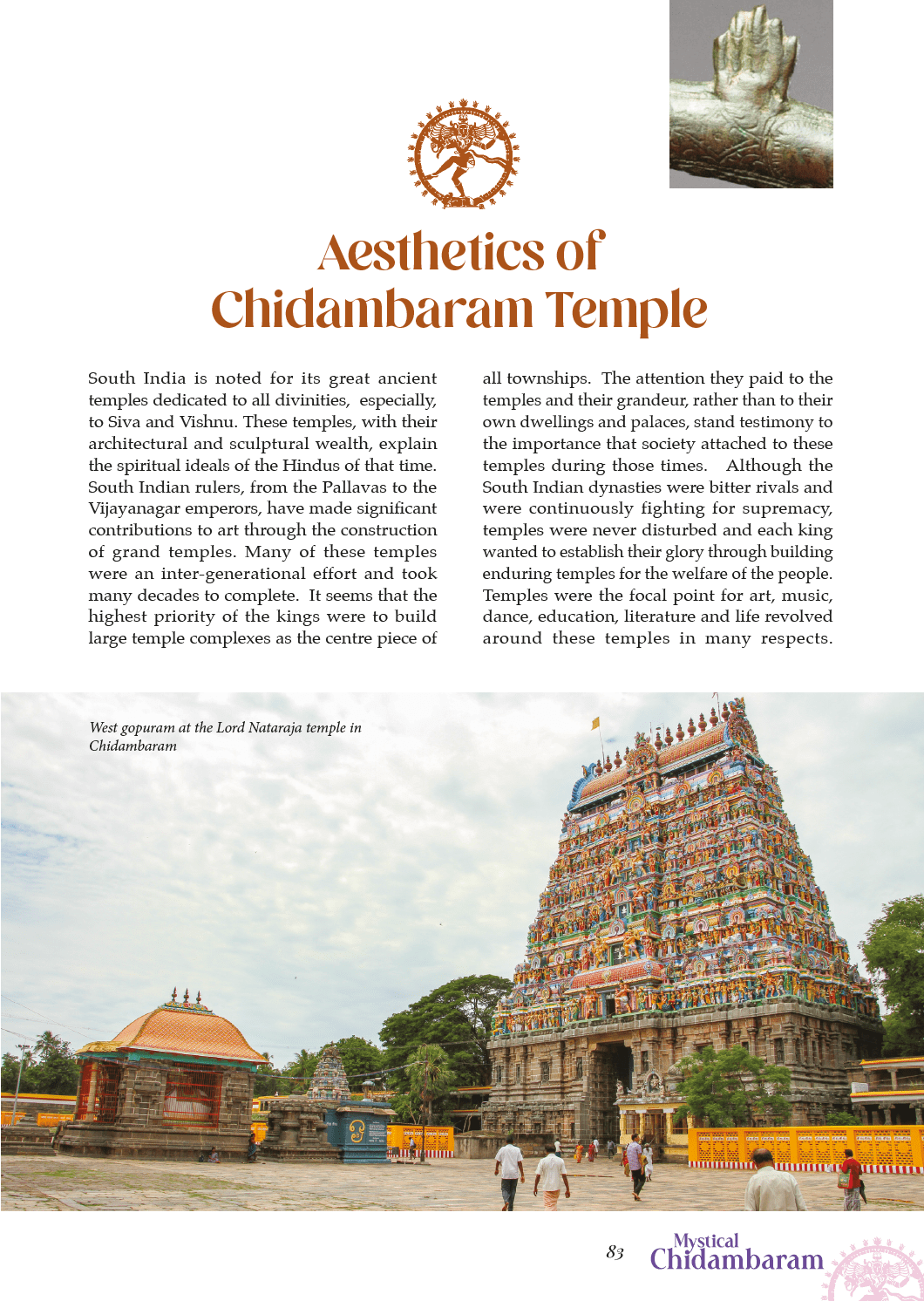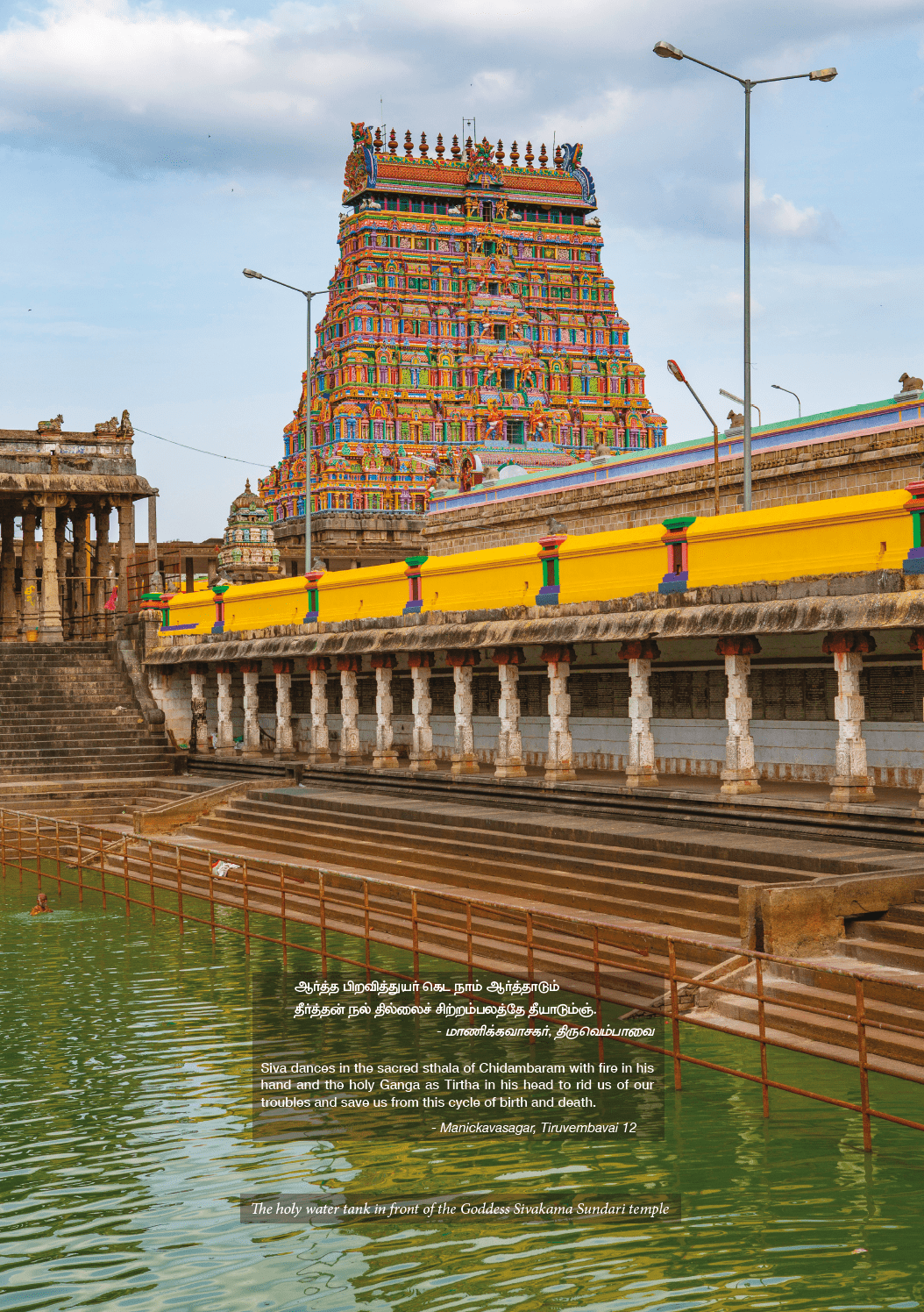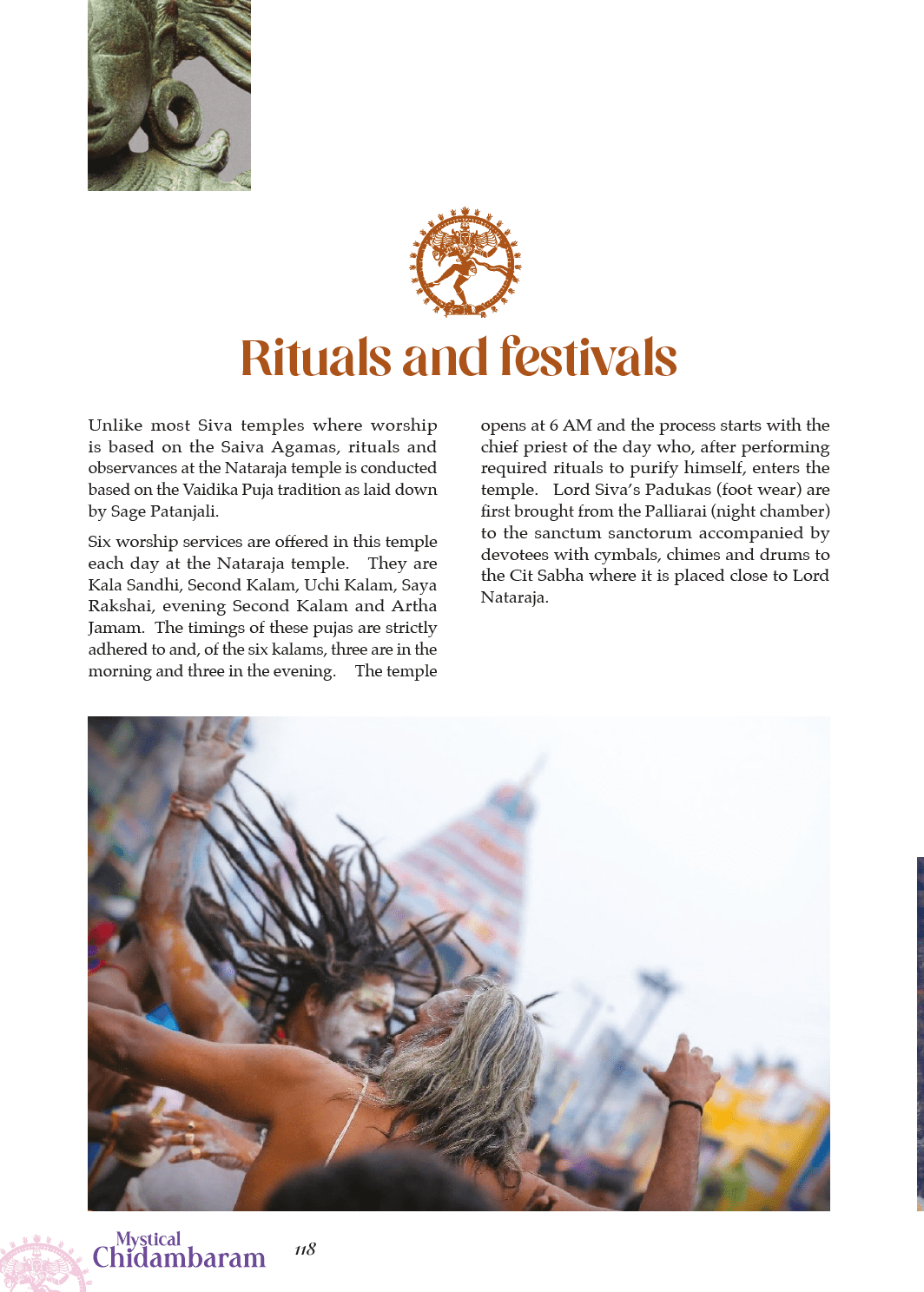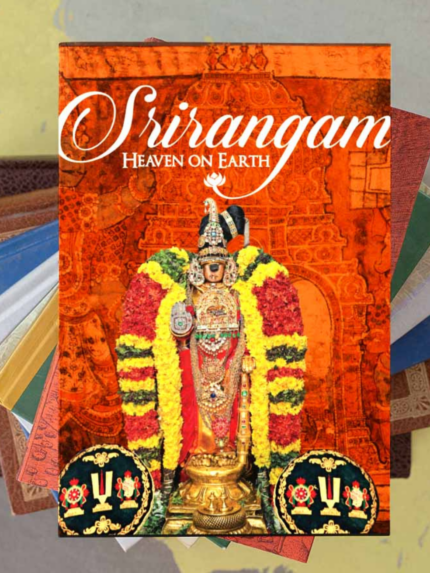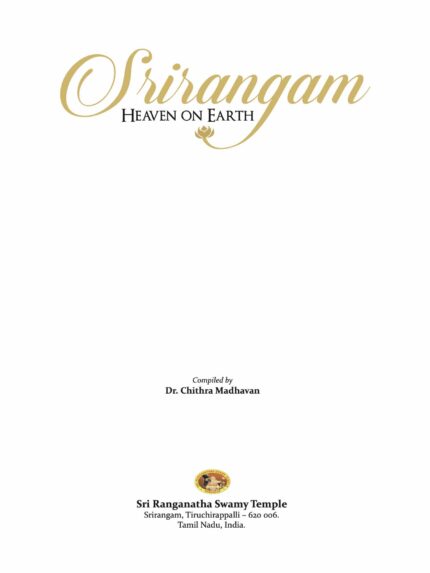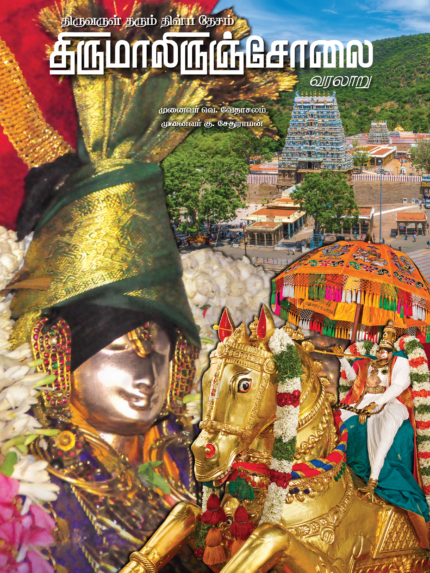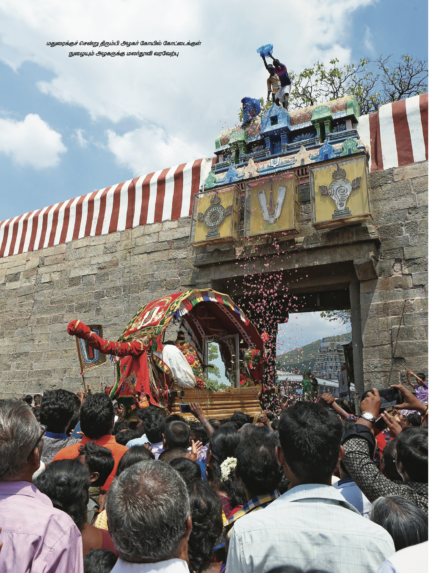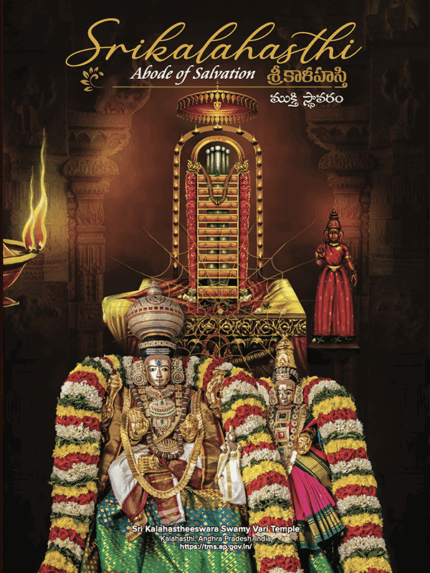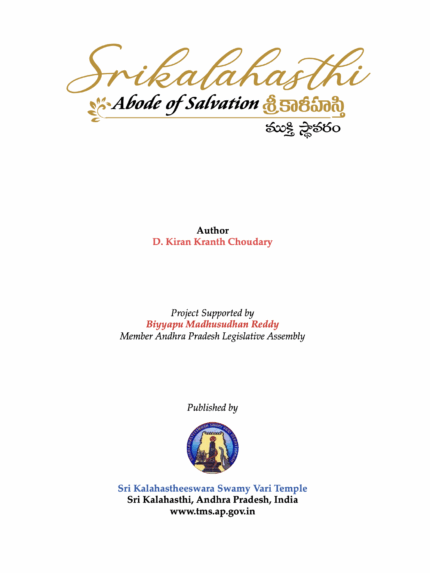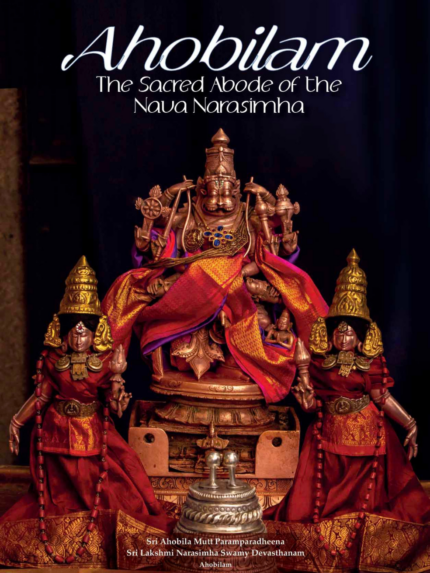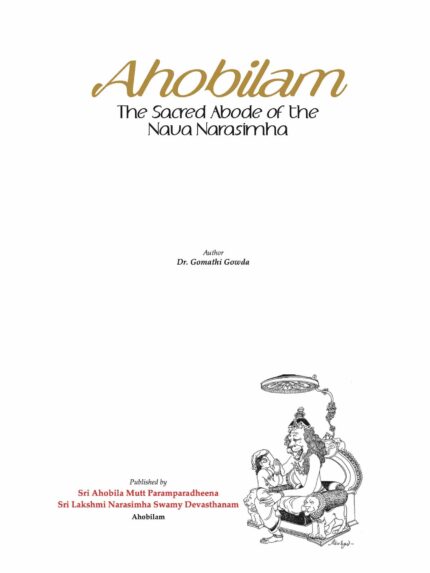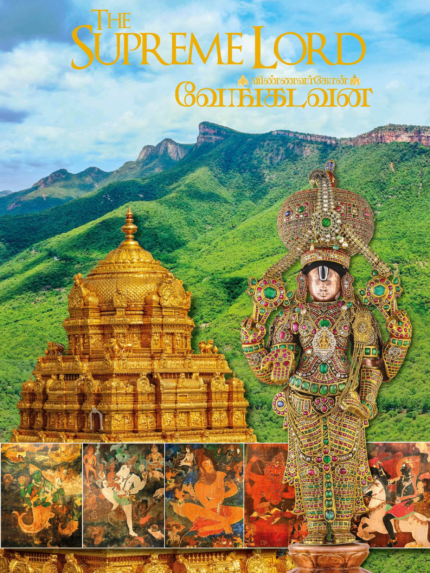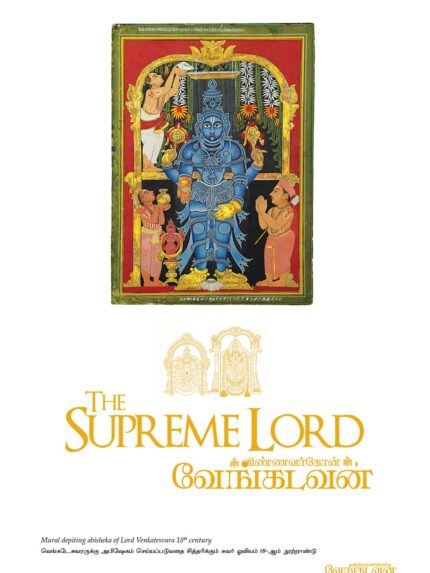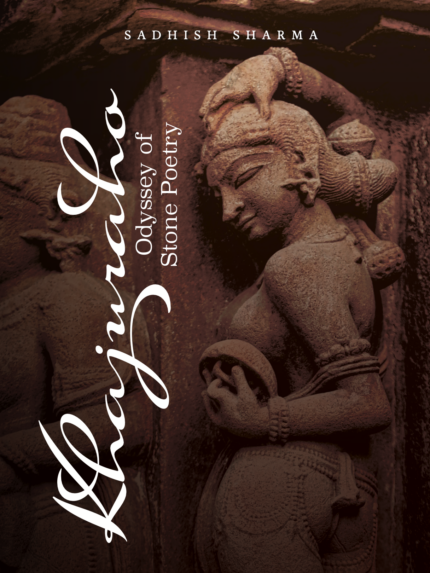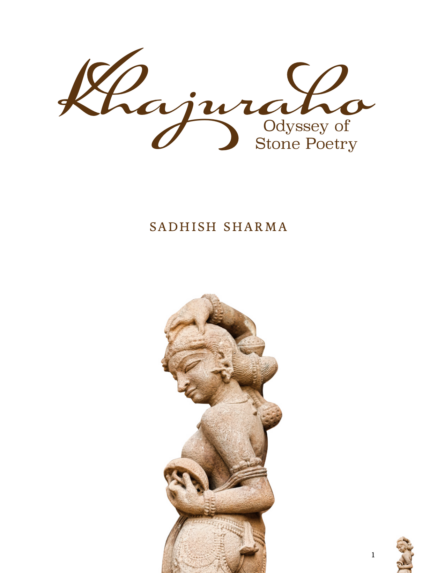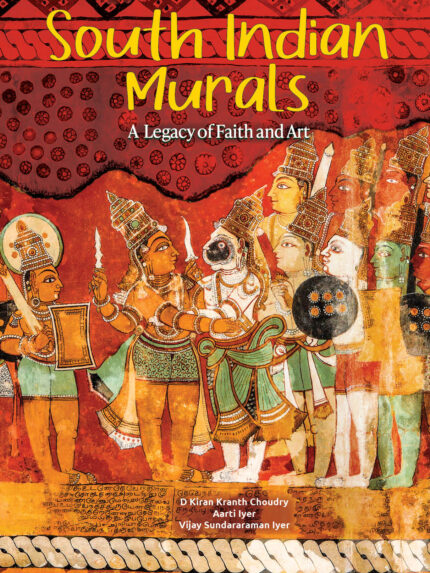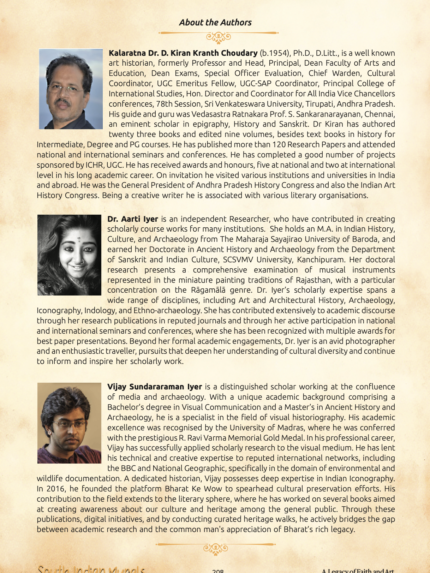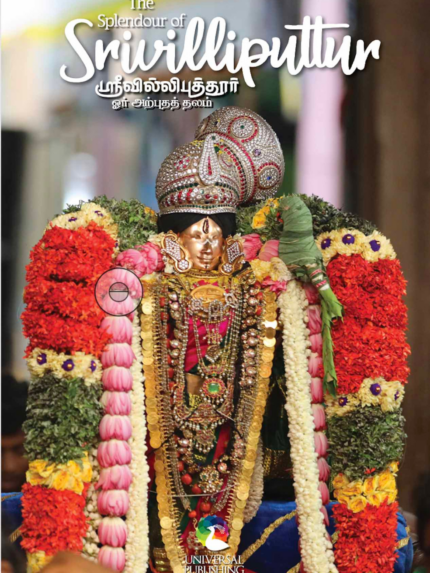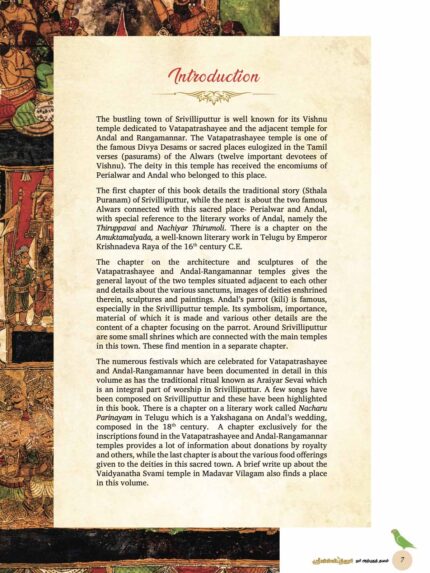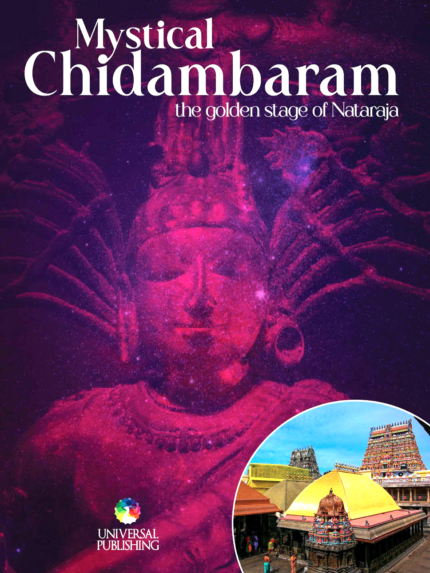Chidamabaram is not only a temple where Lord Siva is worshipped in the iconic and mesmerising form of ‘Nataraja’ but also in the semi-form state as a ‘Linga’ and in the formless state as ‘Space’. Throughout its history, the Chidambaram temple has been associated with numerous legends and lore, the greatest of the yogis, saints and royalty of the Tamil land, and the development of arts, literature, culture, the devotional movement and the Tamil Saiva Sidhantha philosophy. The temple has also been the subject of idealogical debates, controversies and has been a natural target for invaders. Along with all its antiquity, it is indeed remarkable that Nataraja is being referenced today in cutting edge science as well.
The philosophy and rich symbolism behind the dancing form of ‘Nataraja’ which conceptualises the continuous flux of creation and destruction taking place in the universe is being appreciated by modern day scientists as well. Many decades ago, the famous American physicist, Dr. Fritjof Capra, equated the cosmic dance of Lord Siva in the form of ‘Nataraja’ to the ‘rhythmic pulsations of sub-atomic particles’. In the words of Mr. Capra:
“Modern physics has shown that the rhythm of creation and destruction is not only manifest in the turn of the seasons and in the birth and death of all living creatures, but is also the very essence of inorganic matter,” and that “For the modern physicists, then, Shiva’s dance is the dance of subatomic matter.”
“Hundreds of years ago, Indian artists created visual images of dancing Shiva in a beautiful series of bronzes. In our time, physicists have used the most advanced technology to portray the patterns of the cosmic dance. The metaphor of the cosmic dance thus unifies ancient mythology, religious art and modern physics.”
This link between Nataraja and modern physics has since been enshrined at the world’s largest physics laboratory – European Organisation for Nuclear Research (more commonly known as CERN), located in Geneva, Switzerland, where a 2 meter tall ‘Nataraja’ statue resides inside its campus.
This book is a compilation of current photographs, murals and paintings of and within the Chidambaram temple, alongside an abridged selection of the temple’s storied past that explores the temple’s cultural significance and contribution to the rich history of South Indian Saivism. We have consulted and borrowed from numerous sources, published and online,
and extend our gratitude to these sources whole-heartedly. For those who are well acquainted with Chidambaram, we hope this book will transport them to the familiar environs of the temple and, for those less initiated, we hope to share with you the magic of Chidambaram, where mysticism meets science and old meets new.
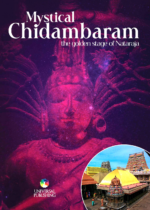
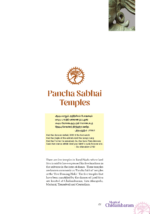
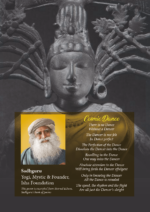
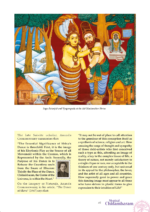
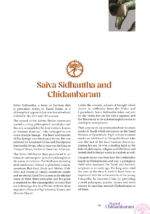
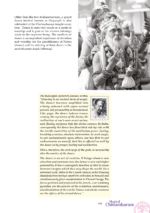
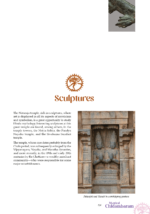
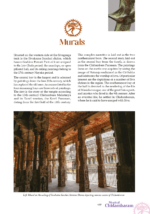
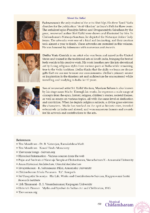

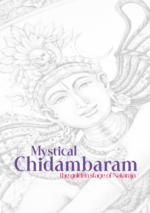
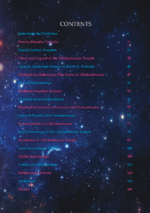
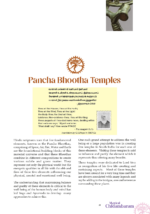
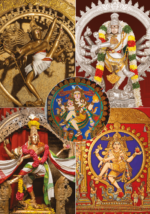
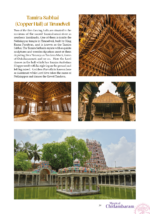
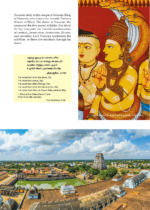
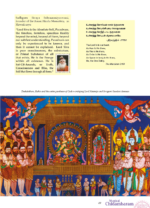
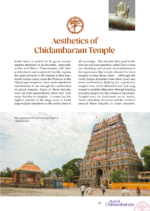
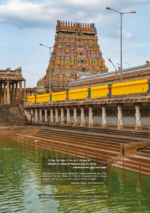
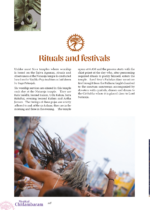
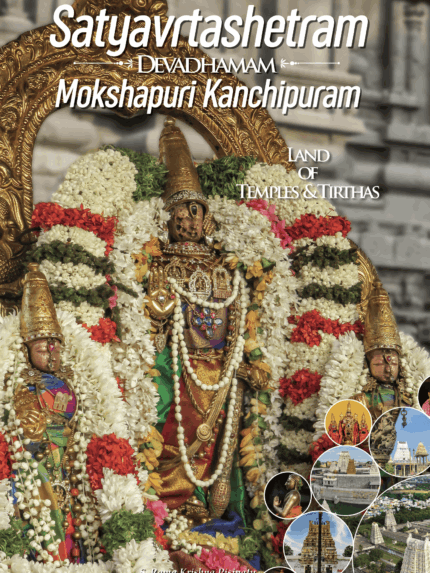
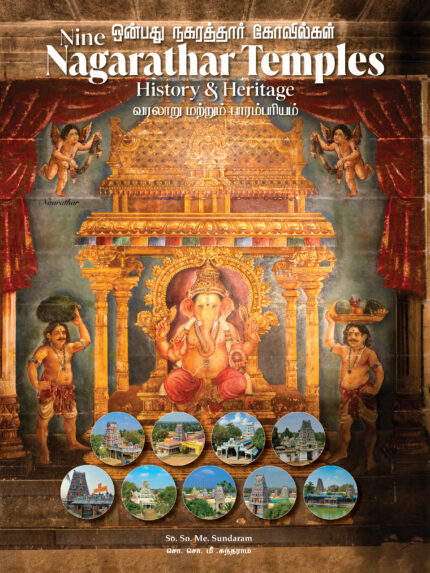
Mystical Chidambaram The Golden Stage of Nataraja
₹1,400.00 Original price was: ₹1,400.00.₹900.00Current price is: ₹900.00.
“Tiru Citrambalam” is a traditional Tamil Saivite invocation used to petition Lord Siva’s grace at the beginning of all Saiva offerings and important endeavours. ‘Tiru’ is an auspicious prefix and ‘Citrambalam’ is a compound word consisting of ‘Cit’ (Consciousness) + ‘Ambalam’ (Space) and is a synonym for ‘Chidambaram’. The word Chidambaram does not merely denote a temple or a location but is a metaphysical pointer to the truth of existence as envisioned by the ancient Rishis of India.
Like many holy sites in India the antiquity of Chidambaram is difficult to decipher. References to Chidambaram are found in the ‘Skanda Purana’ and ‘Tiru Mandiram’ both of which are dated at least 1500 to 2000 years ago. Chidamabaram is also closely connected with Sages Patanjali and Vyagarapada who belong to the same era of the Buddha, if not earlier, indicating its existence for several millennia.
| Weight | 1 kg |
|---|

